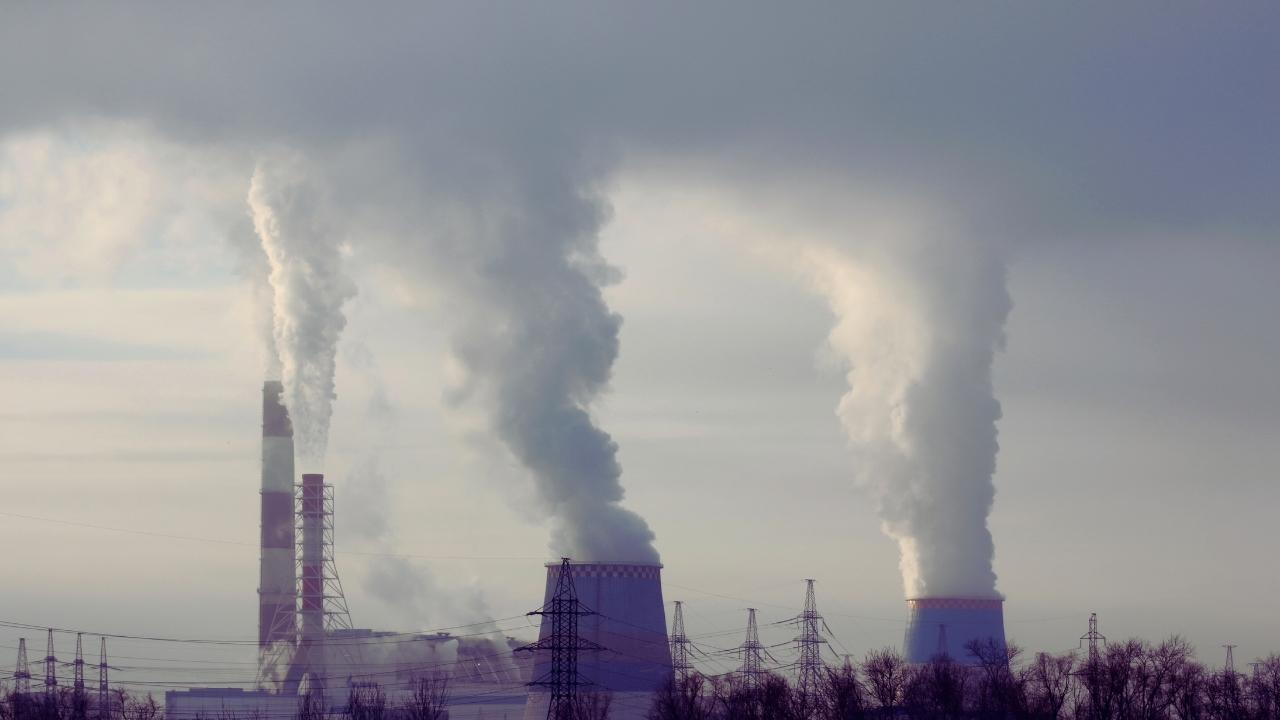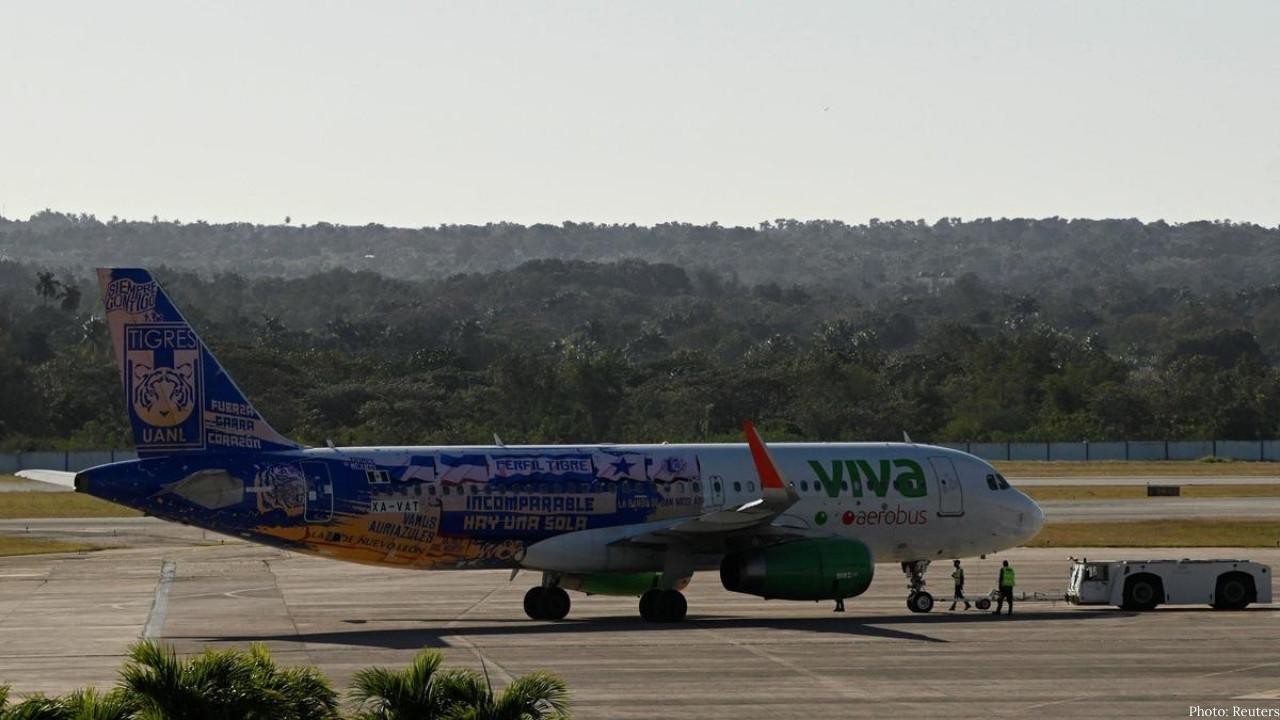You have not yet added any article to your bookmarks!

Join 10k+ people to get notified about new posts, news and tips.
Do not worry we don't spam!

Post by : Anis Farhan
Artificial Intelligence may be driving innovation across sectors, but its hunger for energy is reshaping entire industries — and nowhere is this more visible than in Southeast Asia’s growing natural gas trade. In 2025, as hyperscalers, cloud providers, and AI startups push for data center expansion, countries like Malaysia, Indonesia, and Thailand are experiencing a fresh wave of liquefied natural gas (LNG) demand.
From new terminals and floating storage regasification units (FSRUs) to revamped pipeline projects and long-term offtake agreements, Southeast Asia’s energy map is being redrawn — all thanks to AI’s insatiable appetite for stable, low-carbon power.
At first glance, AI and natural gas might seem worlds apart. But powering massive GPU clusters and cooling sprawling data centers requires uninterrupted, scalable, and relatively clean power. In regions where renewable infrastructure is still catching up and coal remains dominant, natural gas is the fastest transition fuel — offering a lower-emission alternative without sacrificing reliability.
In countries like Vietnam and Indonesia, data center operators are lobbying for dedicated LNG-based power plants. And in Malaysia, state-owned Petronas has inked new deals with hyperscalers to supply LNG for integrated data park projects through 2030.
AI is, quite literally, fueling the new gas economy in Southeast Asia.
Malaysia stands out as the largest LNG exporter in Southeast Asia and the fifth largest globally. As AI demand rises, so do Malaysia’s ambitions.
In early 2025, Petronas launched a new LNG bunkering facility in Johor and began upgrading its regasification terminals in Peninsular Malaysia. The goal is twofold:
To ensure stable domestic supply for the growing number of data parks
To increase re-export capabilities for regional AI clusters, especially in Singapore and the Philippines
Petronas has also signed multi-billion dollar agreements with U.S. and Japanese tech firms, providing long-term energy security in exchange for AI infrastructure investments in Malaysian tech parks.
This strategic trade-off — gas for GPUs — is creating new forms of bilateral digital-energy diplomacy.
Indonesia, another key LNG player, is embracing FSRUs (Floating Storage and Regasification Units) to meet decentralized demand near AI hubs. With major data centers coming up in Batam, Surabaya, and Central Java, floating LNG import stations offer flexible and cost-effective solutions.
In January 2025, Pertamina Gas Negara (PGN) deployed two new FSRUs off the Sumatra coast, supplying power to local grids that serve AI-backed industrial parks.
The Indonesian government is also fast-tracking approvals for AI-infrastructure-linked energy projects, combining digital and traditional economic growth agendas under one roof.
Both Thailand and Vietnam, traditionally importers of LNG, are scaling up import capacity and aligning energy policy with digital development. Thailand’s PTT Public Company has formed joint ventures with Gulf-based LNG suppliers to ensure a 10-year energy runway for planned hyperscale facilities near Bangkok.
Vietnam, meanwhile, recently opened its first privately-operated LNG terminal in Ba Ria-Vung Tau, tied directly to a digital industrial cluster co-developed with Korean and U.S. partners.
These developments signal a blurring of lines between tech and trade, where AI infrastructure is directly influencing energy investment decisions and cross-border partnerships.
What’s emerging is a complex but coherent regional system where:
LNG flows support AI hub expansion
AI companies co-invest in energy infrastructure
Cross-border digital trade depends on natural gas security
Ports like Tanjung Pelepas (Malaysia) and Tanjung Priok (Indonesia) are being upgraded to handle AI infrastructure shipments alongside LNG, creating hybrid logistics hubs.
Meanwhile, Singapore, which lacks its own gas reserves, is positioning itself as the AI coordination capital, linking upstream gas flows from neighbors with downstream AI services and innovation.
The irony isn’t lost on observers: AI is often hailed as the path to decarbonization — yet its energy footprint is leading to a second gas boom.
Environmental groups are raising concerns about long-term dependency on fossil fuels, even cleaner ones like LNG. They argue that Southeast Asia risks locking itself into gas-based infrastructure when renewables should be scaling faster.
Governments, for their part, maintain that gas is a “bridge fuel” — and with AI now critical to economic competitiveness, stability takes precedence over purity.
In many ways, Southeast Asia’s new gas rush is not about LNG or AI alone. It’s about how infrastructure, energy, and digital trade now move together — often influencing one another in real-time.
As nations prepare for the next phase of growth, those who can align their energy strategy with their digital ambitions will dominate the regional landscape. In 2025, AI isn’t just transforming business models — it’s redrawing the very blueprint of trade and infrastructure in Southeast Asia.
This article is intended for editorial and informational purposes only. It does not constitute energy investment, trade policy, or business advice. Readers are encouraged to conduct independent research and consult experts before making decisions related to energy infrastructure or technology sectors.










Study Warns Using AI for Medical Advice Is ‘Dangerous’ as Users Get Inaccurate Health Guidance
A major new study reveals that artificial intelligence (AI) chatbots and tools may give misleading o

Top Sci-Fi Movies Streaming on Netflix This February: Must-Watch Picks for Genre Fans
A curated news-style guide to the best science fiction films currently available on Netflix in Febru

BCCI Central Contracts Shake-Up: Kohli, Rohit Moved to Grade B as Board Reshapes 2025–26 List
Virat Kohli and Rohit Sharma have been placed in Grade B in the BCCI’s 2025–26 central contract list

Dalal Street Spotlight: Top 10 Stocks Investors Are Watching as Markets Open on a High
Indian stock markets begin the week with strong momentum, and several blue-chip and mid-cap stocks a

Market Movers Today: Key Stocks Set To Watch In Indian Markets
Indian equity markets are poised for active trading as several major companies, including Bharti Air

Milan Welcomes the World: Inside the Grand Opening Ceremony of the 2026 Winter Olympics
The 2026 Winter Olympics opening ceremony in Milan marked a defining moment for global sport, blendi